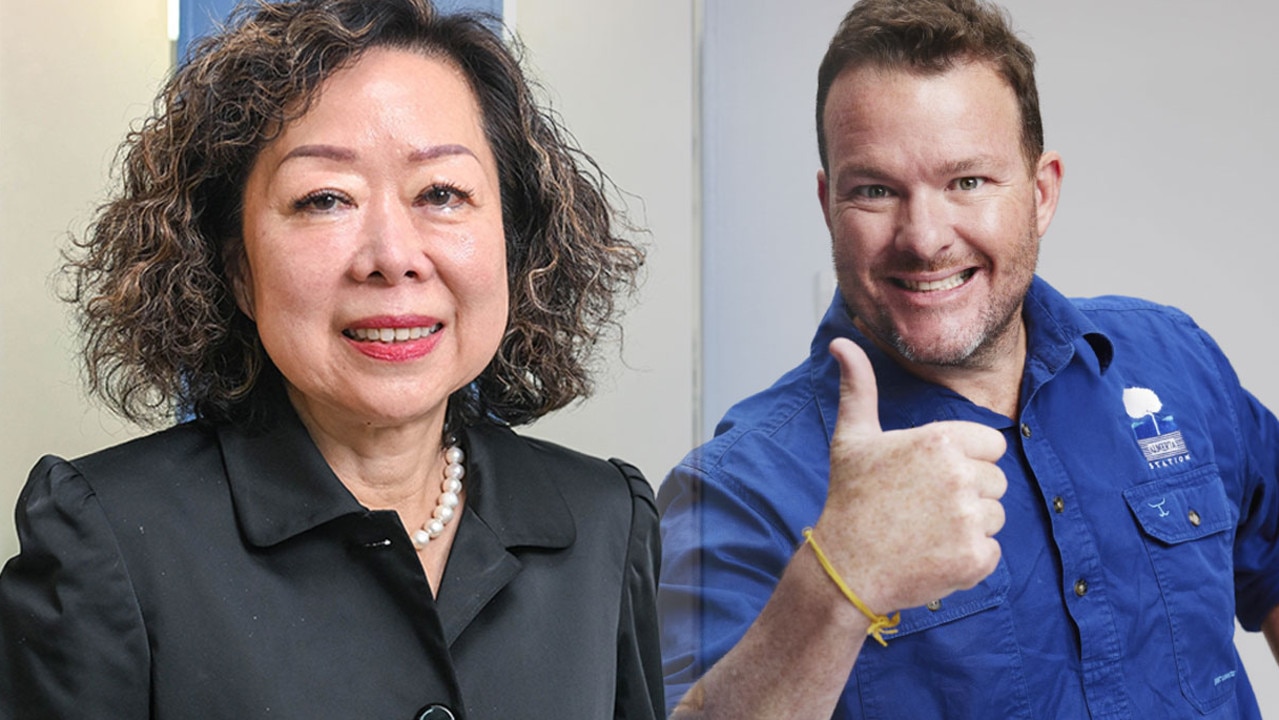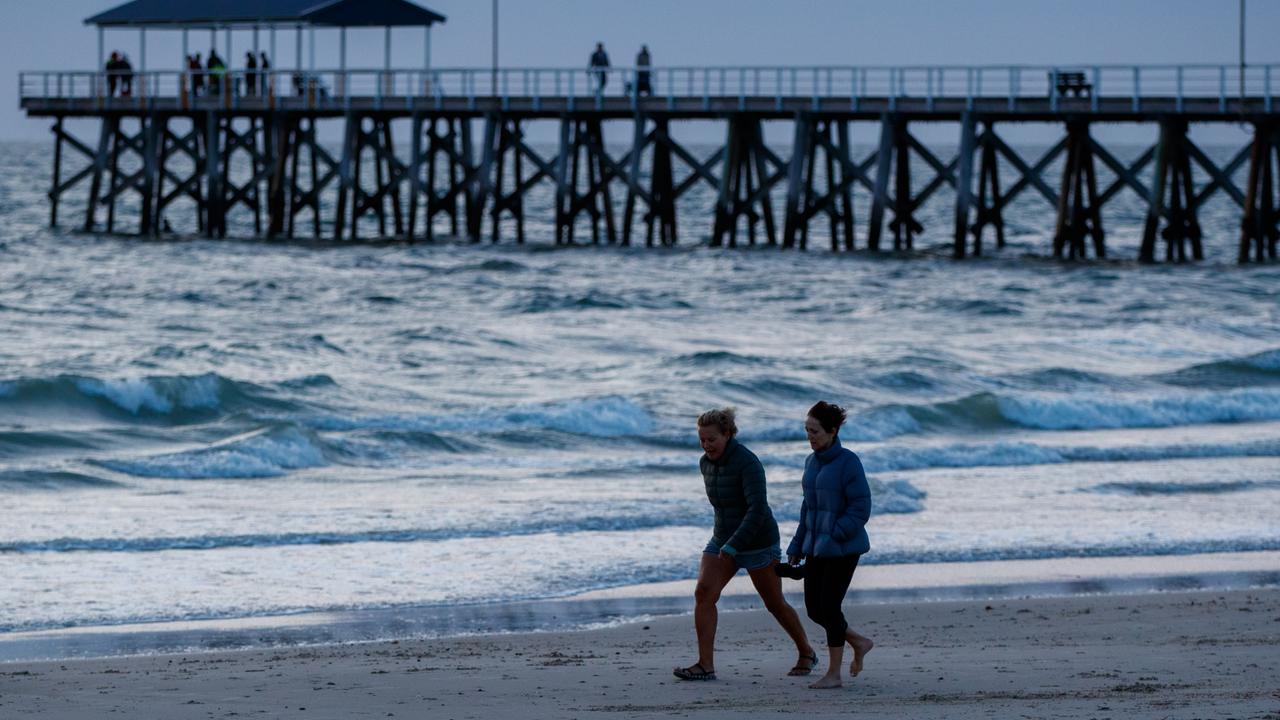Steven Marshall indicates when date likely to be set for further easing of SA Covid restrictions
The Premier “just needs a few more days” to set a date for the next easing of Covid restrictions – and after a big backlash, overseas travellers won’t be forced into medi-hotels.
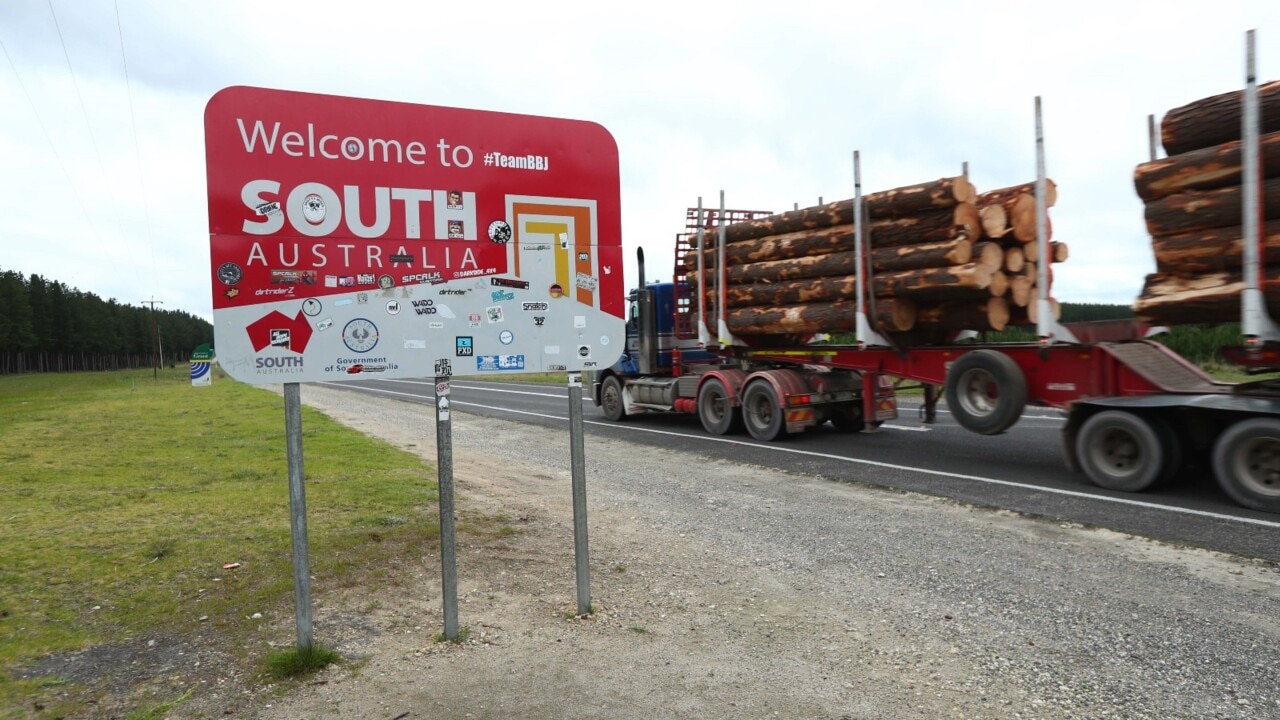
SA News
Don't miss out on the headlines from SA News. Followed categories will be added to My News.
The State Government will need a “few more days” before it sets a date for the easing of Covid restrictions, which will aim to fall in line with reaching the 90 per cent vaccination target for residents 12 and over.
“In the lead-up to hitting 80 per cent we set a date and we’ll be doing exactly the same with 90,” Premier Steven Marshall said.
“We just need a few more days to see what that run rate is going to be in South Australia.”
He said it is over to the people of South Australia to make sure those final people get vaccinated.
“The race is on at the moment to get to 90 per cent of all those 12 and over and I’m hopeful that we can do that by the end of the year,” he said.
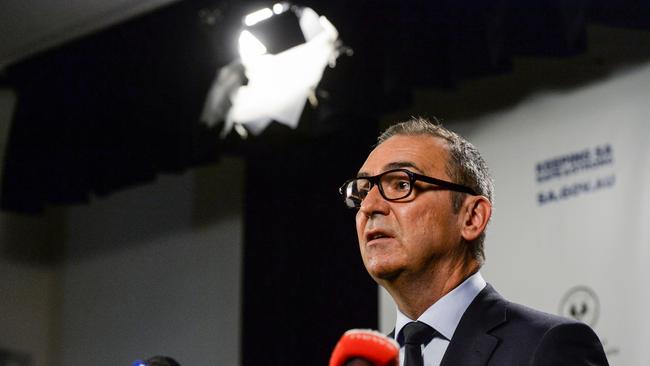
“I know that everyone is looking for a further reduction in the restrictions that are currently in place, I am very much looking forward to it as well.”
SA Health forecasts show the state is on track to hit 90 per cent double vaccination for people older than 12 between December 23 and January 3.
And on the controversial issue of overseas travellers being forced into medi-hotels, SA Health said on Thursday that those who are double-vaccinated with an approved entry check would be able to isolate at home.
However, due to the Omicron threat they would still need to finish a fortnight of isolation.
And also due to Omicron, travellers who have been in Africa or the Middle East will still be sent to a quarantine facility for 14 days.
Meanwhile, unvaccinated interstate arrivals who get an exemption to enter SA will be able to complete either hotel or home quarantine in an approved location, depending on their origin of travel. While double-vaccinated interstate visitors from higher risk areas are only required to quarantine until they have received a negative Covid test.
Mr Marshall said the current number of Delta infections in the state was not concerning.
“What we’ve seen in South Australia since opening the borders is, yes, additional numbers, but certainly nothing to worry us at all,” he said.
Health Minister Greg Hunt on Wednesday said the booster program was important to protect Australians from new variants of Covid, such as Omicron.
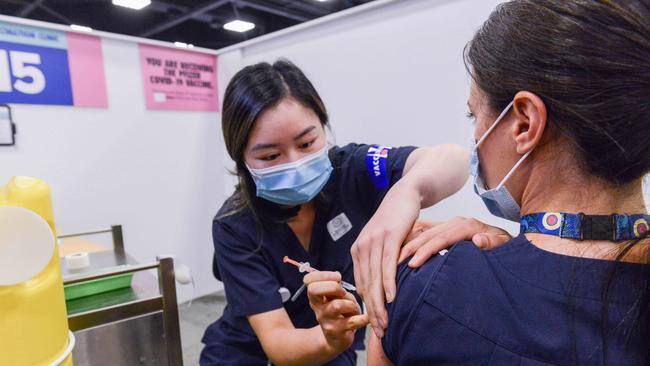
However, Mr Marshall said South Australia’s stance had not changed in relation to the six-month grace period.
“The advice that we’ve received so far from the TGA and ATAGI is that we should stick with the arrangements that the booster becomes due after six months from the second dose of the Pfizer or AstraZeneca,” he said.
“If that advice changes then of course we will bring that booster forward, but it this stage we haven’t received that advice, but there could be more information coming at the national cabinet meeting tomorrow.”
Meanwhile, teachers and public transport workers in South Australia must have received at least one dose of a Covid-19 vaccination by the end of the week or risk losing their jobs.
The state co-ordinator and police commissioner Grant Stevens previously announced the directions that teachers would need to have had at least their first jab by Friday, December 10 – which is the last day of term.
They also must have evidence of a second booking if not already fully vaccinated.
Any passenger transport driver, including bus, train and tram drivers, must have at least one vaccination by Monday, December 20.
The mandates are expected to only affect a small amount of teachers, and is supported by the state’s teachers’ union.
Among other people in the public sector already under vaccination mandates include police officers, point-to-point drivers, including rideshare and taxi drivers, and healthcare workers.
Meanwhile, Special “rapid” Covid-19 testing will be expanded to high-risk medical workers but South Australians will still be banned from buying them in supermarkets.
SA Health on Wednesday announced rapid antigen tests would be approved in health care settings, including hospitals, as well as medical and dental practices, to regularly screen staff.
Officials say the sale of over-the-counter kits, including in supermarkets and pharmacies, will stay banned – despite approval interstate – but “this may be reviewed in future”.
Legal directions are being drafted but no date has been set.
SA Health on Wednesday reported two women, aged in their 30s and 50s, and a man in his 60s as the state’s latest cases – one of whom was unvaccinated. One is a close contact linked to the Norwood cluster of 28 cases. There have been 54 cases since borders reopened on November 23 and two patients are in hospital.



